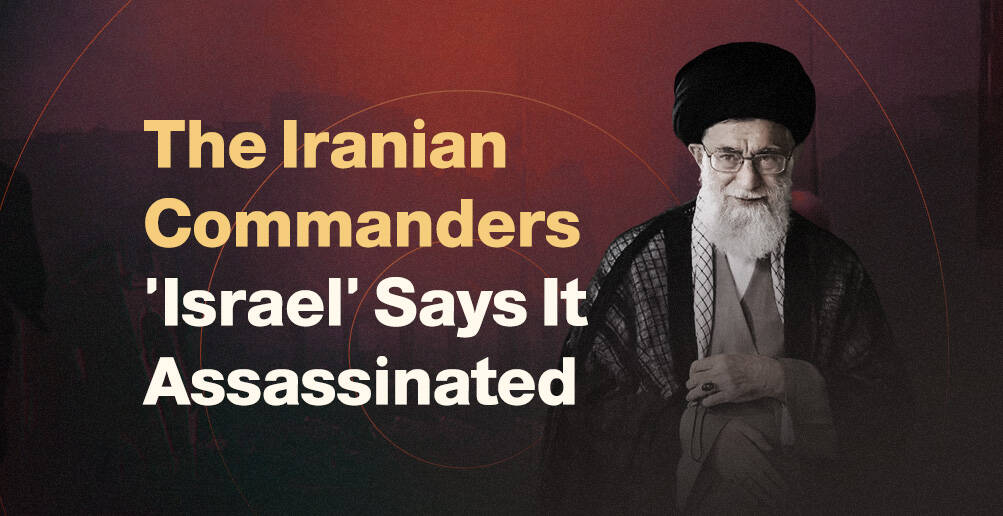Disarming Hezbollah: A Historic Opportunity for Lebanon or a Gift to Israeli Occupation?
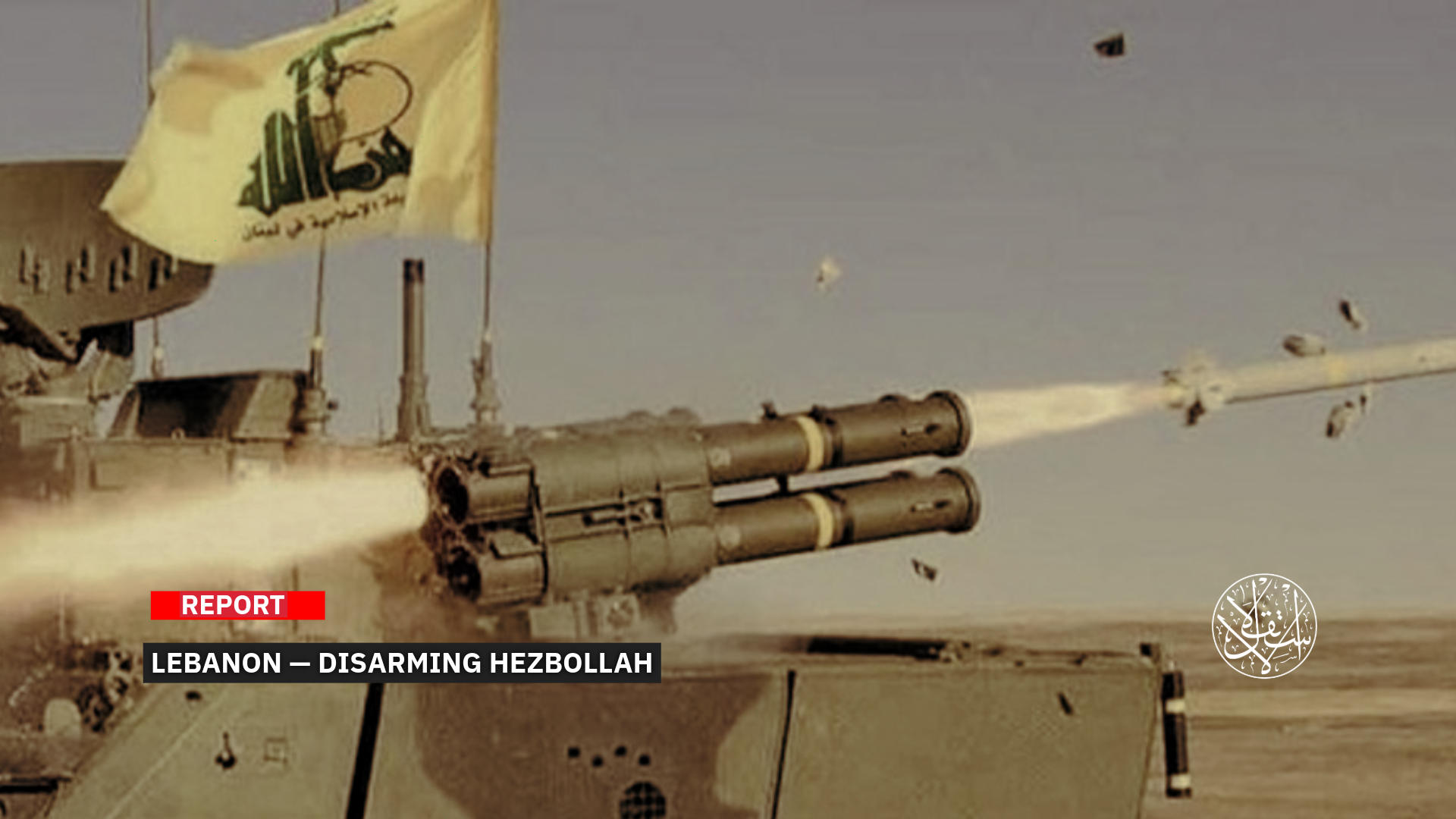
“America does not help us, it wants to destroy our country to help Israel.”
Hezbollah has reset the debate over handing over its weapons to the Lebanese state, declaring it will keep its arms until the Israeli Occupation withdraws from all occupied Lebanese territories, despite having recently shown some flexibility on the issue.
Hezbollah Deputy Secretary-General Naim Qassem stated that the group will not give up its weapons for the sake of “Israel,” calling the matter “a purely internal Lebanese matter.”
“If some people are linking disarmament to a ceasefire agreement, I tell them that weapons are a Lebanese internal matter and have nothing to do with the Israeli enemy,” Qassem said during a televised speech on July 30, 2025.
“We will not surrender our weapons for Israel,” he added. “Disarmament is not a priority right now; the priority is reconstruction and ending the aggression.”
The Hezbollah chief stressed that it is “impossible” for Lebanon to be the only side abiding by the ceasefire.
“The aggression is still ongoing, and the enemy [Israel] wants to remain in the five occupied points as a prelude to further expansion.”
Qassem said anyone currently demanding Hezbollah disarm is “serving the Israeli project.”
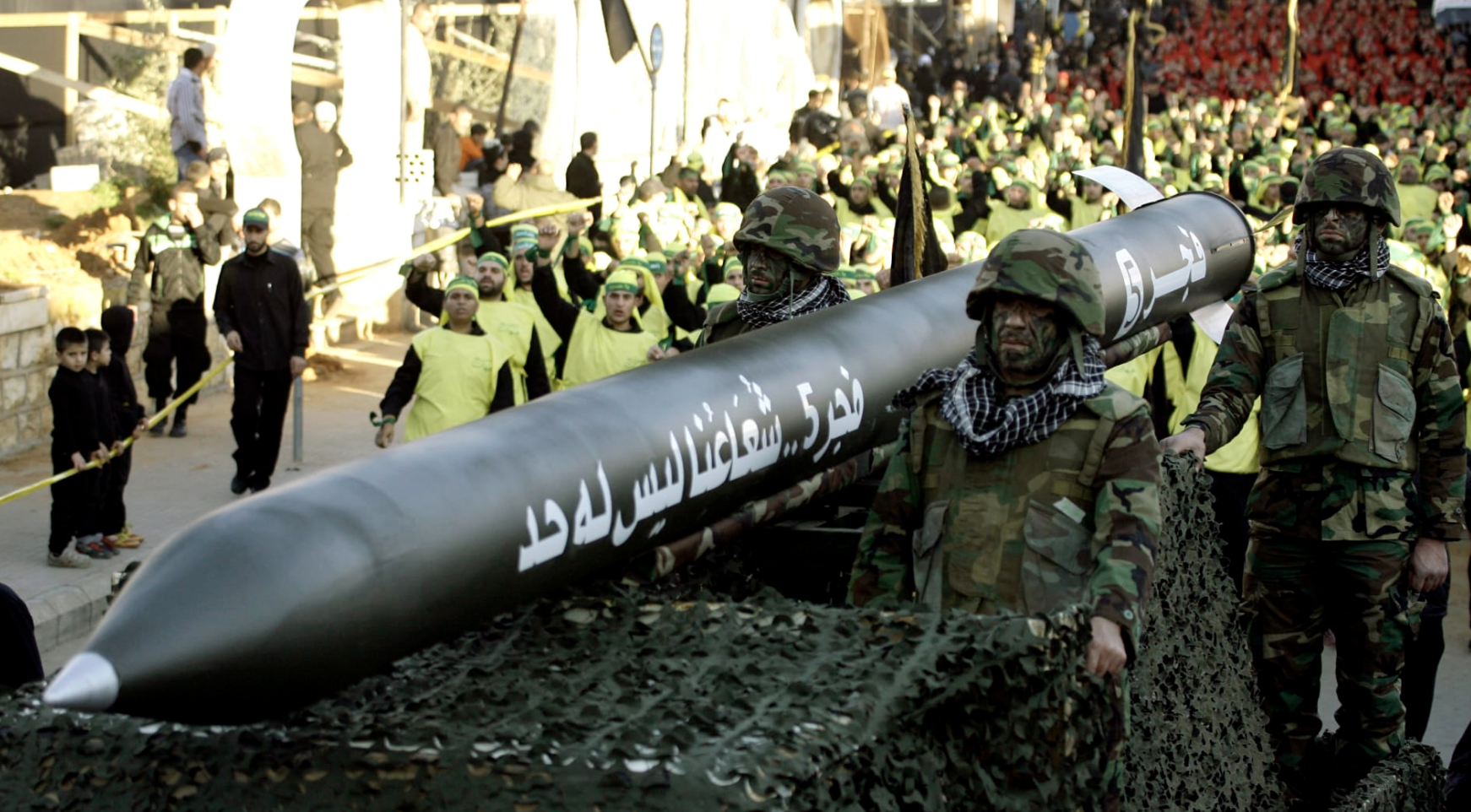
A Timeline
The Hezbollah Deputy Secretary-General accused U.S. envoy Thomas Barrack, who recently visited Lebanon, of “intimidation and threats” aimed at “helping Israel.”
“America does not help us; it wants to destroy our country to help Israel,” he said.
Barrack had previously called for a phased timeline for Hezbollah to hand over its weapons, with a final deadline set for October 2025.
On October 8, 2023, “Israel” launched an assault on Lebanon that escalated into a full-scale war by September 23, 2024, leaving over 4,000 people dead and nearly 17,000 wounded.
On November 27, 2024, a ceasefire agreement between Hezbollah and the Israeli Occupation came into effect. However, “Israel” has since violated it more than 3,000 times, killing 262 people and injuring 563, according to official data.
Defying the ceasefire terms, the Israeli army carried out only a partial withdrawal from southern Lebanon and continues to occupy five strategic hills it captured during its latest war on Lebanon.
The ceasefire agreement had stipulated Hezbollah’s withdrawal from the area south of the Litani River and the dismantling of its military infrastructure there, in exchange for a bolstered presence of the Lebanese Army and the United Nations Interim Force in Lebanon (UNIFIL).
Qassem’s statements mark “a setback” for the Lebanese government, which recently outlined a new vision to rescue the country by asserting the state’s exclusive authority over all national territory and restricting arms to state forces only, affirming that decisions of war and peace lie solely with constitutional institutions.
This comes as U.S. envoy Thomas Barrack reiterated his call for the Lebanese state to assert sole authority over all weapons in the country, referring to Hezbollah’s arsenal.
“The credibility of Lebanon’s government rests on its ability to match principle with practice,” Barrack stated in a post on X.
“As its leaders have said repeatedly, it is critical that ‘the state has a monopoly on arms.’ As long as Hezbollah retains arms, words will not suffice.”
In response, Lebanese President Joseph Aoun publicly reaffirmed the state’s commitment to disarming all armed groups, including Hezbollah, and placing their weapons under the authority of the Lebanese Army.
In a speech delivered at the Ministry of Defense on July 31, during Army Day celebrations, Aoun reiterated Lebanon’s commitment to “extend the authority of the state over all of its territory and to disarm all armed groups, including Hezbollah, handing over their weapons to the Lebanese Army.”
He stated that it was every politician’s duty “to seize this historic opportunity and push without hesitation towards affirming the army and security forces’ monopoly on weapons over all Lebanese territory [...] in order to regain the world’s confidence.”
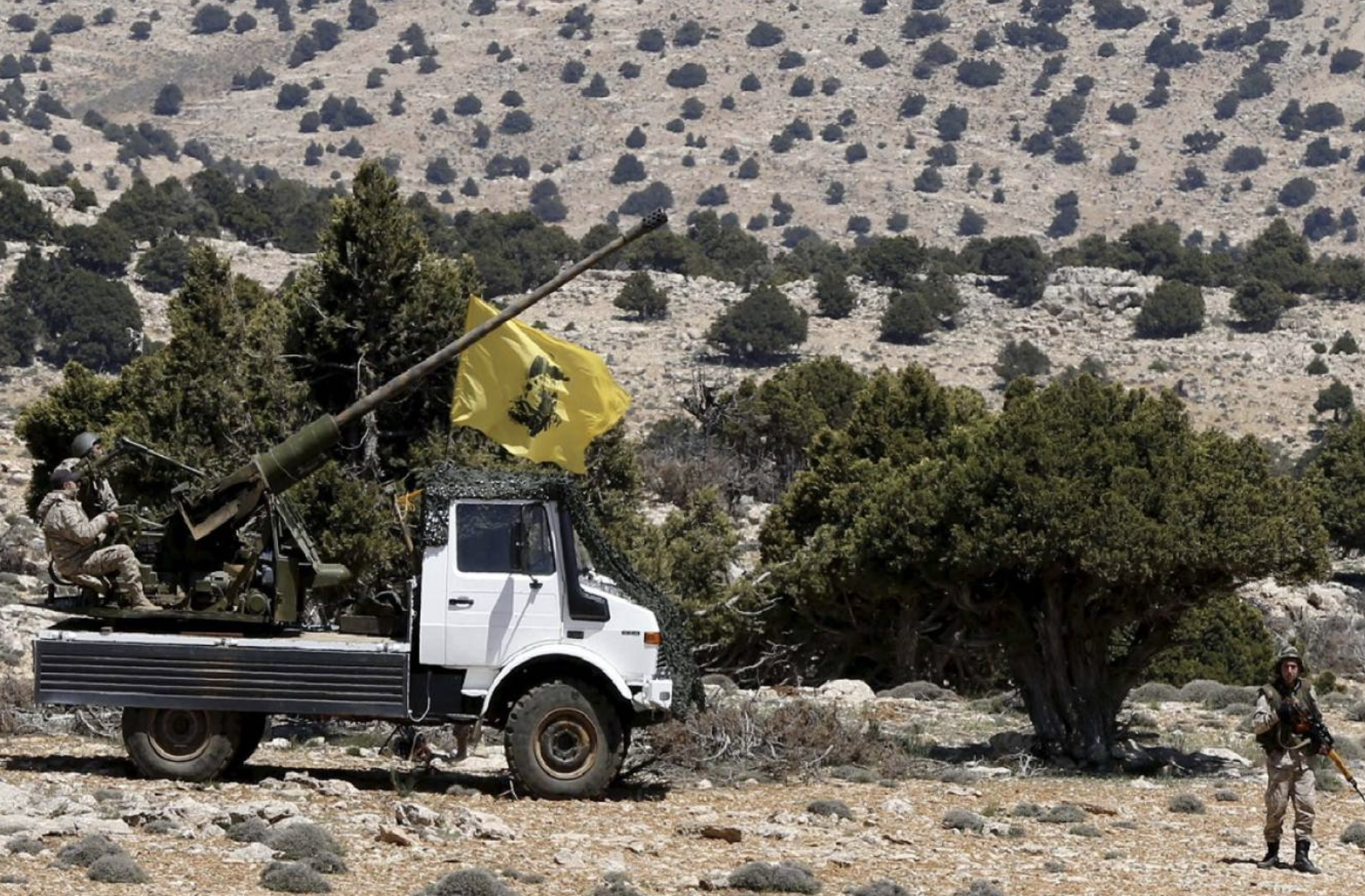
Upward Trajectory
Iran affairs analyst Ammar Jallou said the Lebanese state is now determined to disarm Hezbollah and has set a gradual and time-bound agenda for doing so. That is why Naim Qassem came out to try to block the inclusion of any government clauses related to Hezbollah’s weapons.
“Hezbollah understands that the Lebanese state cannot disarm the group without triggering confrontations. For this reason, it is taking advantage of President Joseph Aoun’s unwillingness to adopt a confrontational approach to disarm the group,” Jallou told Al-Estiklal.
“With Qassem’s latest remarks, Lebanon has entered a phase of external pressure, and Israel may resort to new strikes aimed at disarming Hezbollah.”
“Hezbollah is currently unable to rely on Iran as it once did. The group is facing restrictions on its funding inside Lebanon, and the strategic supply line through Syria has been cut. Notably, Hezbollah remained uninvolved in the recent confrontation between Iran, Israel, and the United States,” the expert added.
“Iran’s new direction focuses on self-reliance and a shift in deterrence doctrine, moving away from the proxy model that included Hezbollah.”
“The absence of Iran’s backing will have a direct impact on Hezbollah and its ability to hold on to its weapons. This means the group has now entered a phase of genuine political bargaining, trying to improve its negotiating position with the Lebanese state regarding disarmament,” according to Jallou.
“At this point, Hezbollah without its weapons would effectively become a faction under the command of Nabih Berri, head of the Amal Movement and current Speaker of Parliament.”
Meanwhile, Washington and Beirut are engaged in talks over a U.S. roadmap for the full disarmament of Hezbollah in exchange for “Israel” ending its airstrikes and withdrawing forces from five positions in southern Lebanon.
The original proposal includes a condition that the Lebanese government issue a cabinet decree committing to the disarmament of Hezbollah.
According to five sources cited by Reuters on July 29, including two Lebanese officials, two diplomats and a Lebanese source familiar with the matter, Washington is intensifying pressure on Beirut to swiftly issue an official cabinet decision pledging to disarm the group before negotiations resume over halting “Israel's military operations in Lebanon.”
“Without a public commitment from Lebanese ministers, the U.S. will no longer dispatch U.S. envoy Thomas Barrack to Beirut for negotiations with Lebanese officials, or pressure Israel either to stop airstrikes or pull its troops from south Lebanon,” according to the sources.
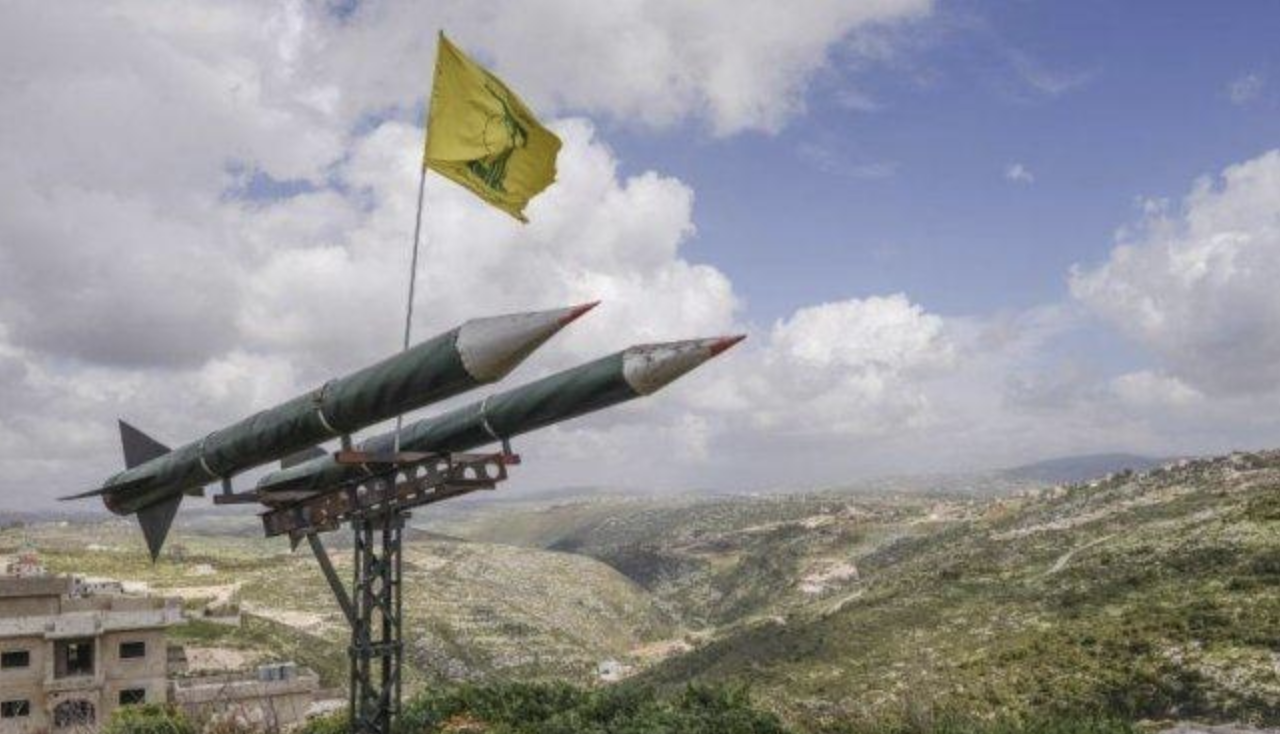
Possible Escalation
In recent weeks, Hezbollah has begun mobilizing its local allies to directly criticize the Lebanese government.
Jaafari Mufti Sheikh Ahmad Qabalan warned on July 31 that any attempt by the government to address Hezbollah’s weapons would face strong resistance, a message widely read as a direct threat.
“The Lebanese government must focus on rescue policies and programs, not simply count Israeli air raids and distribute international notices,” he said.
“This government holds little influence in this matter. It must not surrender to pressure. Excessive concessions will destroy Lebanon. This is a moment to protect the country and stop the international game of chaos.”
Hezbollah MP Hussein Jishi of the Loyalty to the Resistance Bloc said, “Disarmament will only happen if there is a strong state capable of protecting the country, deterring the enemy, and stopping its daily aggression against our people and institutions. No sane person would abandon their strength in a savage world where principles and humanity mean nothing.”
According to leaks cited by the local website Janoubia, discussions within the Lebanese government are focusing on incorporating Hezbollah’s weapons into a “defense strategy” that links Israeli withdrawal to the handover of weapons. This would resemble a political compromise meant to satisfy all parties, at least temporarily.
However, developments on the ground suggest that Hezbollah is preparing for any scenario, including renewed escalation or war.
Reports from the Saudi-owned al-Hadath channel, known for its hostility toward Hezbollah, reveal that the group has recently started distributing logistical and technical equipment to several Shiite villages in southern Lebanon as part of a wider preparedness effort.
The same sources confirmed that Hezbollah leadership held meetings with local mayors in recent days to discuss possible scenarios for the resumption of war.
They also reported that Hezbollah instructed mayors in southern Lebanon to open mosques and municipal halls if hostilities resume.
The pressure on the Lebanese government is not limited to the weapons issue. Social and economic tensions are mounting rapidly.
Lebanon’s most severe crisis remains the ongoing economic collapse, which has worsened since the latest Israeli aggression.
Western countries have tied any international aid for reconstruction to the state’s monopoly over arms.
The World Bank’s 2025 Rapid Damage and Needs Assessment (RDNA) estimated Lebanon’s reconstruction and recovery needs at around $11 billion.
Several labor unions quoted by the Lebanese Forces Official Website on July 31 warned that “the calm on the ground will not last, and the working class is overwhelmed and unable to keep up.”
“Prices are skyrocketing, oversight is almost nonexistent, and the cost of living is unbearable. Public services remain weak, and many government institutions are barely functioning, forcing citizens to pay high costs for poor or nonexistent services. This suffering affects all employees and workers, whether in the public or private sector,” according to the website.
Sources
- Hezbollah: We Will Not Hand Over Our Weapons for Israel — This Is a Lebanese Internal Matter [Arabic]
- Explosive Remarks by Qabalan and Threats by Qassem: “Any Pressure on Government Files Threatens Lebanon’s Future” [Arabic]
- Aoun Names Hezbollah’s Weapons and Calls for Their Handover, Urges Implementation of the “Barrack Plan” in Clearly Timed Phases [Arabic]
- “Positive Pressure” on the Government to Take Control of Decision-Making [Arabic]
- Analysis: Naim Qassem commemorates Fuad Shukr’s death, rejects Hezbollah disarmament
- Hezbollah chief says group will not surrender weapons, calls disarmament ‘internal matter’
- President says Lebanon determined to disarm Hezbollah








